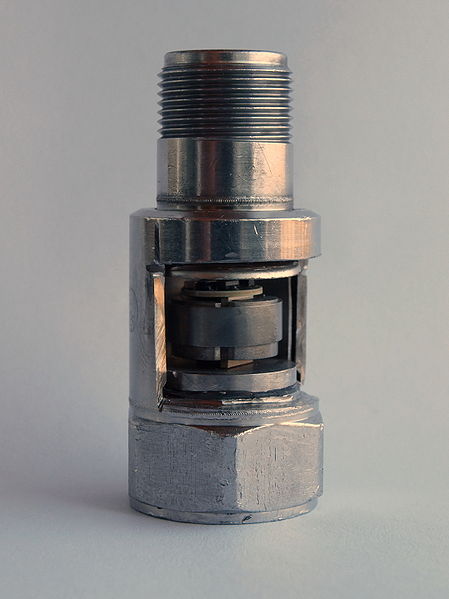Infinite photos and videos for every Wiki article ·
Find something interesting to watch in seconds
Animals
Ancient Marvels
Celebrities
Crown Jewels
Orders and Medals
Largest Empires
Kings of France
British Monarchs
Sports
Great Artists
Wars and Battles
Best Campuses
Largest Palaces
Countries of the World
Recovered Treasures
Tallest Buildings
Rare Coins
Wonders of Nature
Richest US Counties
Presidents
Great Museums
World Banknotes
Great Cities
History by Country
Supercars
Famous Castles
more top lists



